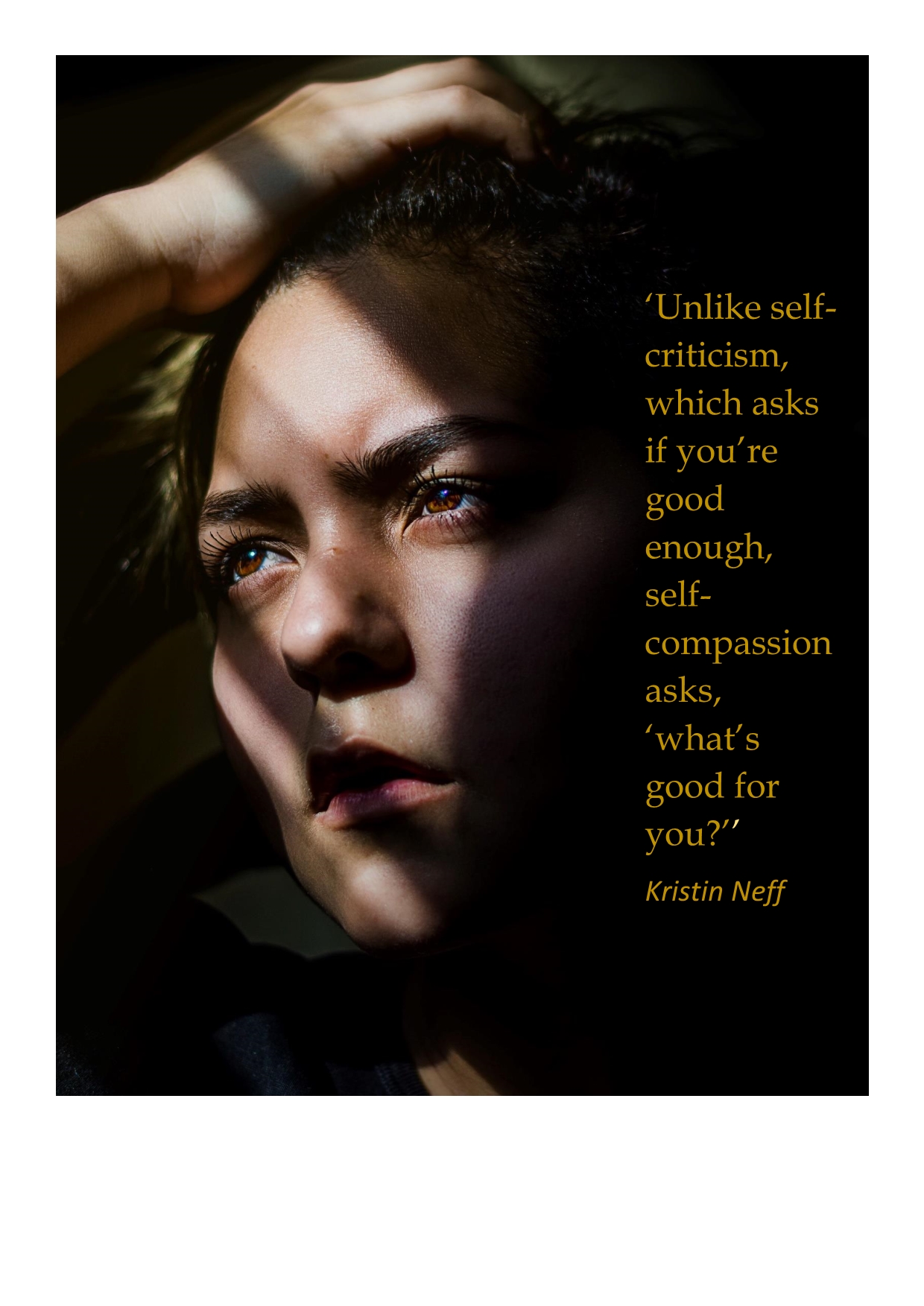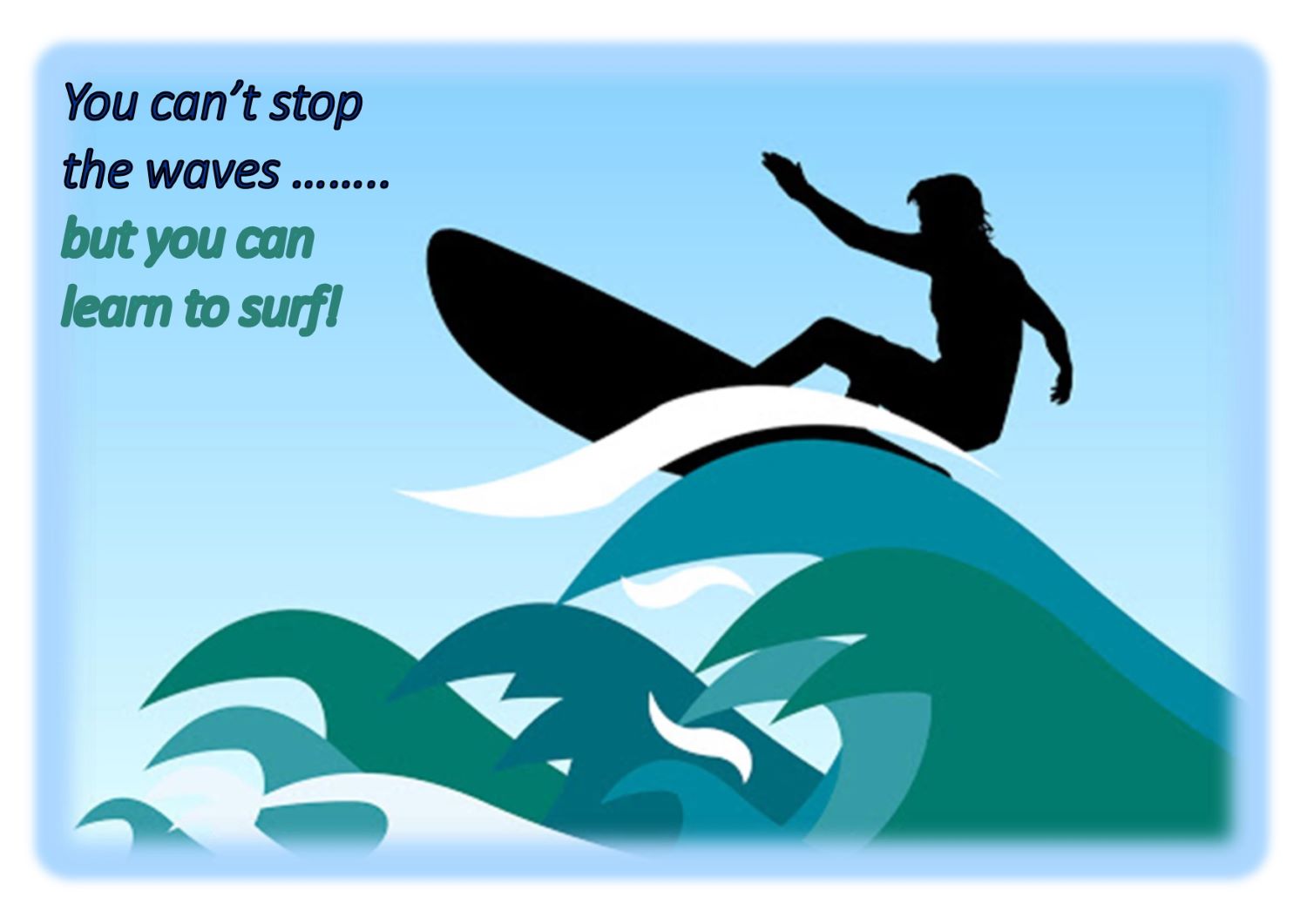
Hilda Bellamy
About Hilda
Knowing your child is struggling is tough and getting the right support is key. I offer support through the unique therapeutic relationship. I have a wide range of experience and a flexible approach - drawing on several evidence-based theories. My clients soon find their preferred way of working. I'm an accredited BACP member and have worked in schools and private practice. I provide an online or in-person space for co-exploring difficult experiences and offer resources and regular reviews. Do get in touch to discuss what might be most helpful.
My space













Further information
Before training to be a counsellor I taught in primary schools and noticed how I wanted to give more time to children with persistent difficulties than was possible in the teaching role. I was always drawn to working with children and young people in the knowledge that issues resolved early prevent more difficulties later on.
Working with troubling experience involves the four areas: thoughts (often involving self-critical and self-limiting beliefs), feelings, behaviours and sensory/motor aspects. Key areas to work on always emerge early on. As new research has highlighted effective approaches I have incorporated these and draw on a range: attachment and life stage theory, neurobiology, CBT, IFS, trauma-informed approaches, mindfulness, sensorimotor and polyvagal theory.
I like to share my observations with my client to raise levels of awareness and understanding and thus enpower clients towards greater autonomy and wellbeing. I provide high quality, age appropriate resources related to the particular concern and offer regular reviews to discuss levels of satisfaction with the therapy.
I have a particular interest in neurodiverse conditions in adults and young people and have worked with clients with ASD, ADHD, OCD and PTSD. I have read widely on this subject. In April 23 I completed online training with Sean Inderbitzen APSW, MINT, on polyvagal-informed therapy for autism. Porges' polyvagal theory suggests that ASD is 'a common threat state which initiates defensive responses such as 'anxiety, poor social interaction and hypersensitivity' (Porges et al, 2013). This theory allows an ASD presentation to change according to the state of the autonomic nervous system - supporting the use of mindfulness, sensorimotor skills, bilateral stimulation, a focus on positives and greater mastery of habitual responses. Russell Barkley's theory of executive functioning (Barkley, 2011) and Adaptive Information Processing theory (Shields et al, 2016) also provide useful frameworks for helpful interventions. Whether to pursue a diagnosis and processing the impact of one are important parts of the therapy.
I offer 50 minute sessions with no set number of sessions, either online or face to face. The in-person sessions would be at Effra Space, Brixton or Herne Hill Space, both in south London.
Taking the step to seek therapy takes courage, and courage precedes changes. I hope to facilitate progress through sharing reflections, observations, using imagination/creativity and coming up with ideas to enhance long lasting improvement.

